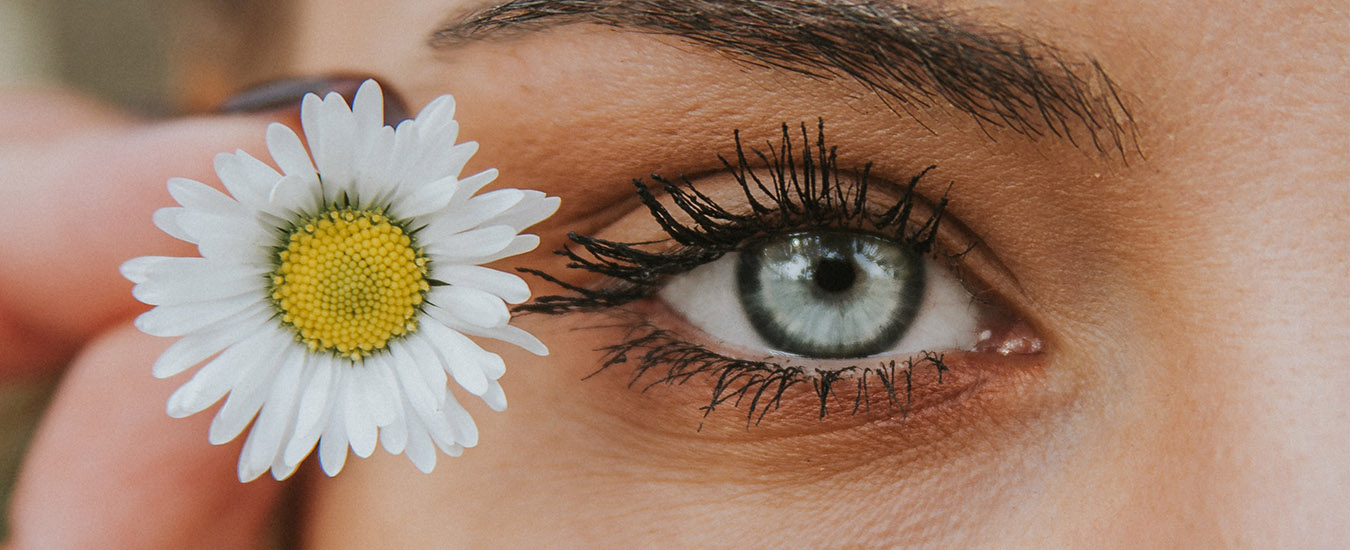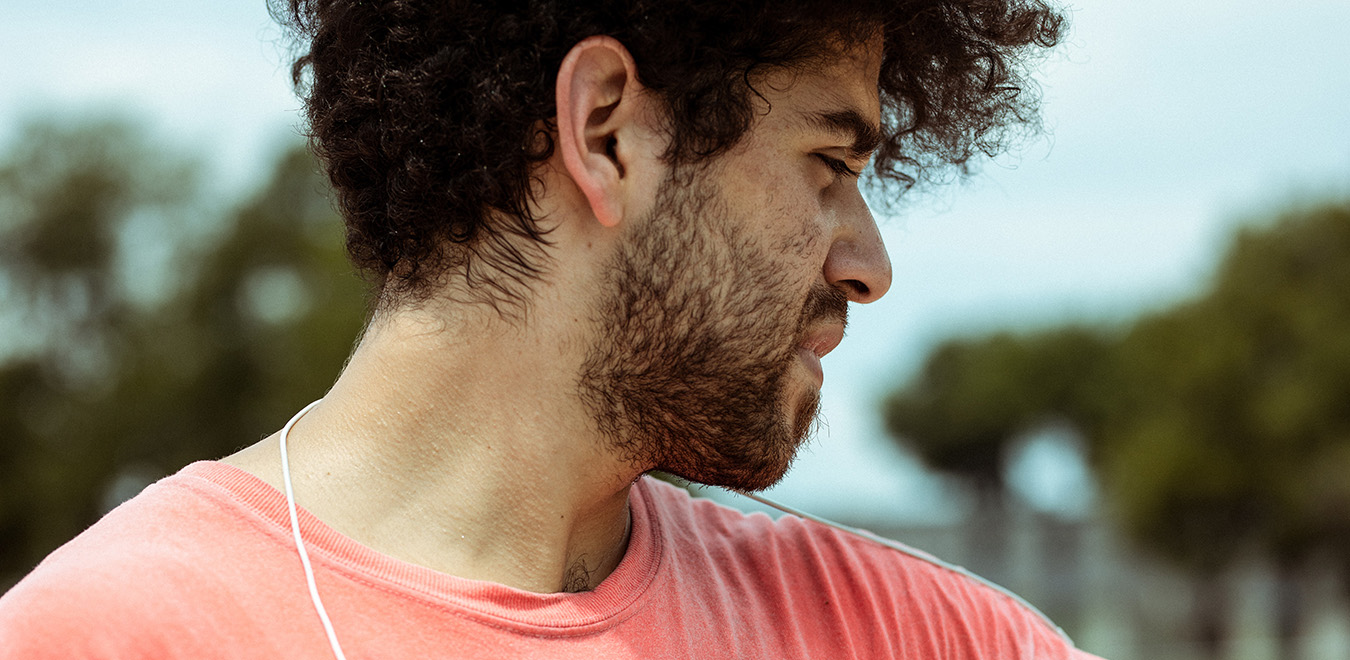Understanding PCOS and Its Impact on Skin Health: A Comprehensive Guide
Polycystic Ovary Syndrome (PCOS) is a common hormonal disorder that affects a significant percentage of females worldwide. According to the National Institutes of Health (NIH), PCOS affects up to 10% of women of reproductive age. The disorder causes various changes in the body, including the skin. In this blog post, we will discuss the impact of PCOS on the skin and explore ways to manage it.
What is PCOS?
PCOS is a hormonal disorder that occurs in women of reproductive age. It is characterized by a hormonal imbalance that leads to the overproduction of androgens, or male hormones, which can disrupt the menstrual cycle and cause a range of symptoms. These symptoms include irregular periods, ovarian cysts, weight gain, acne, and excessive hair growth on the face, chin, and thighs.
Skin Changes in PCOS
Women with PCOS often experience changes in their skin, including:
-
Pigmentation: PCOS can cause an increase in skin pigmentation, leading to dark patches on the face, neck, and other areas of the body. This condition is known as melasma, and it is often triggered by exposure to sunlight.
-
Acanthosis Nigricans: This is a skin condition characterized by thick, dark, velvety patches on the skin, particularly in areas where skin folds, such as the neck, armpits, and groin. Acanthosis Nigricans is caused by insulin resistance, which is a common feature of PCOS.
-
Acne: Women with PCOS often experience acne, particularly on the face, chest, and back. This is because the overproduction of androgens leads to an increase in sebum production, which can clog the pores and cause breakouts.
-
Seborrhea: Seborrhea is a skin condition that causes oily skin and scalp. Women with PCOS may experience seborrhea due to the overproduction of androgens, which can stimulate the sebaceous glands to produce more oil.
Hair Changes in PCOS
PCOS can also cause changes in hair growth, including:
-
Excessive Hair Growth: Women with PCOS may experience excessive hair growth on the face, chin, and thighs. This is known as hirsutism and is caused by the overproduction of androgens.
-
Female Pattern Hair Loss: PCOS can also cause hair loss, particularly on the scalp. This is known as female pattern hair loss and is caused by a combination of hormonal and genetic factors.
Managing PCOS Holistically
While there is no cure for PCOS, there are various ways to manage the symptoms and improve overall health. A holistic approach that includes lifestyle modifications, medication, and medical procedures can be helpful in managing PCOS. Some of the key ways to manage PCOS include:
-
Maintaining a Healthy Weight: Weight loss can help improve insulin sensitivity and regulate menstrual cycles in women with PCOS.
-
Following a Healthy Diet: A diet rich in whole grains, fruits, vegetables, and lean protein can help manage insulin levels and improve overall health.
-
Taking Medications: Medications such as oral contraceptives, anti-androgens, and insulin-sensitizing agents can help manage the symptoms of PCOS.
-
Medical Procedures: Procedures such as laser hair removal (LHR) can help manage unwanted hair growth in women with PCOS.
Laser Hair Removal (LHR) for PCOS
Laser hair removal is a scientific process that makes use of a laser to do away with undesirable hair. It is a safe and effective way to manage hirsutism in women with PCOS. LHR works by targeting the melanin in the hair follicles, which absorbs the laser energy and damages the follicle, leading to permanent hair reduction.
LHR is a non-invasive and virtually painless procedure that can be performed on various areas of the body, including the face, chin, and thighs. The procedure is safe for most skin types, and there is minimal downtime or recovery time involved. However, it is essential to choose a reputable and experienced provider for the best results.
In conclusion, PCOS is a common hormonal disorder that affects many women worldwide. The disorder can cause various changes in the body, including the skin and hair. Women with PCOS often experience skin changes such as pigmentation, acanthosis nigricans, acne, and seborrhea, as well as hair changes such as excessive hair growth and female pattern hair loss. A holistic approach that includes lifestyle modifications, medication, and medical procedures such as LHR can be helpful in managing PCOS. LHR is a safe and effective way to manage unwanted hair growth in women with PCOS and can help improve their self-esteem and quality of life.
At Meraki Skin Clinic, we understand the impact of PCOS on our patients' lives, and we offer a range of treatments and services to manage the symptoms of the disorder. Our team of experienced professionals can provide personalized treatment plans that are tailored to each patient's unique needs and preferences. We believe that every woman deserves to feel confident and beautiful, and we are committed to helping our patients achieve their goals.
If you or someone you know is struggling with PCOS and its effects on the skin and hair, we encourage you to schedule a consultation with our team at Meraki Skin Clinic. We are here to help you look and feel your best, and we look forward to working with you.
-
What is PCOS, and how does it affect the skin?
PCOS is a hormonal disorder that affects the ovaries and can cause various changes in the body, including the skin. Women with PCOS often experience skin changes such as pigmentation, acanthosis nigricans, acne, and seborrhea.
-
Can PCOS cause excessive hair growth on the face and other parts of the body?
Yes, excessive hair growth is a common symptom of PCOS, and it can occur on the face, chin, and other parts of the body.
-
What is acanthosis nigricans, and how is it related to PCOS?
Acanthosis nigricans is a skin condition characterized by dark patches of skin on the neck, armpits, and other areas. It is often associated with insulin resistance, which is a common symptom of PCOS.
-
How can PCOS-related acne be managed?
PCOS-related acne can be managed through a combination of skincare, medication, and lifestyle modifications. This may include using gentle skincare products, taking medications such as birth control pills or spironolactone, and making changes to diet and exercise habits.
-
Can PCOS cause hair loss in women?
Yes, PCOS can cause hair loss in women, particularly in a pattern similar to male-pattern baldness.
-
Is laser hair removal safe for women with PCOS?
Yes, laser hair removal is generally safe for women with PCOS. However, it is essential to choose a reputable and experienced provider for the best results.
-
How can women with PCOS manage excessive hair growth on the face and body?
Women with PCOS can manage excessive hair growth through a combination of treatments, including laser hair removal, medications such as spironolactone, and lifestyle modifications such as diet and exercise.
-
Can PCOS cause oily skin and hair?
Yes, PCOS can cause oily skin and hair due to hormonal changes in the body.
-
What skincare products are recommended for women with PCOS?
Skincare products that are gentle, non-irritating, and free of harsh ingredients such as alcohol or fragrances are recommended for women with PCOS. Products containing salicylic acid, benzoyl peroxide, and retinoids may be helpful for managing acne.
-
Can PCOS cause changes in skin pigmentation?
Yes, PCOS can cause changes in skin pigmentation, including darkening or discoloration of certain areas of the skin.
-
How can diet and exercise help manage PCOS-related skin and hair changes?
A healthy diet and regular exercise can help regulate hormone levels, reduce insulin resistance, and improve overall health, which can help manage PCOS-related skin and hair changes.
-
What medications are commonly used to manage PCOS-related skin and hair changes?
Common medications used to manage PCOS-related skin and hair changes include birth control pills, metformin, spironolactone, and finasteride.
-
Can stress worsen the symptoms of PCOS?
Yes, stress can worsen the symptoms of PCOS, including skin and hair changes. Women with PCOS should focus on stress-management techniques such as meditation, yoga, or deep breathing exercises.
-
How common is PCOS in women?
PCOS is a common hormonal disorder that affects approximately 5-10% of women of reproductive age.
-
Is PCOS curable?
While there is no cure for PCOS, the symptoms can be managed through a combination of treatments, including medication, lifestyle modifications, and medical procedures such as laser hair removal.
Now no need to search for answers online anymore, We have got you covered! Call us at +91-8448407278 for online consultation with Expert at Meraki and get the solution of all your skin and hair concerns.

Dr. Neha Dubey
MD (Dermatology), Fellow I.A.D.V.L (Lasers & Aesthetic Dermatology)

Dr. Sneha Ghunawat
MD (Gold Medalist), DNB Fellow I.S.D Cosmetology and Aesthetics(Phillipines) Fellow Clinical Dermatology, NUH, Singapore





